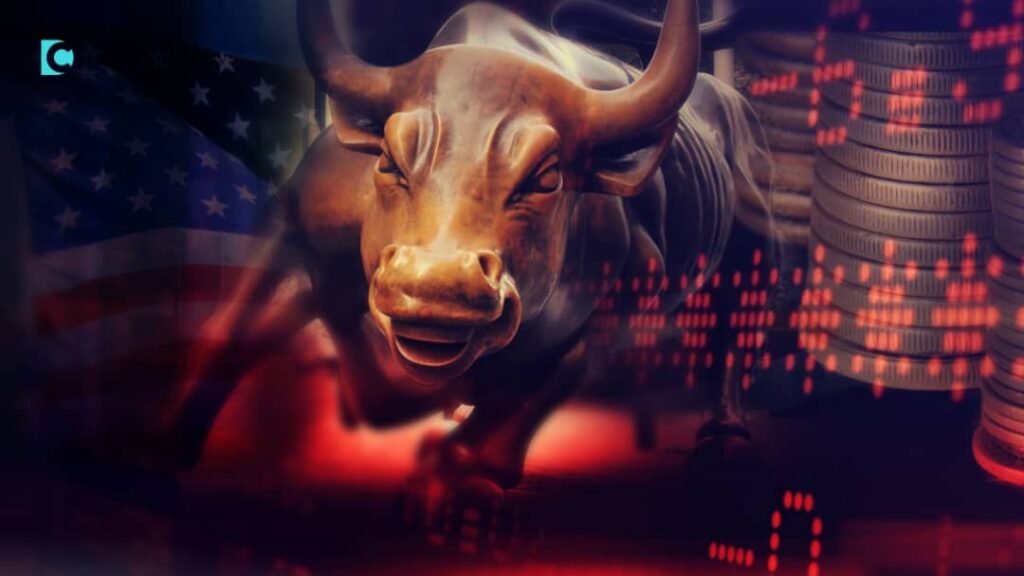Last updated on June 24th, 2022 at 10:24 am
Thank you for reading this post, don't forget to subscribe!
President Muhammadu Buhari has said his administration cannot unify the naira exchange rates because the local unit is still “susceptible to external shocks” that can affect Nigerians.
The president said this in a written response to Bloomberg when asked why his government has not heeded calls from the International Monetary Fund and World Bank to unify the exchange rates at the official and parallel markets.
“The exchange rate is still susceptible to external shocks that can suddenly and severely affect Nigerian citizens,” Mr Buhari said.
Read Also: Nigeria Stock Exchange (NGX) To Enable Blockchain-Based Trading Platform Next Year.
He said the country will move toward unification only after raising domestic production of refined fuel and food, import items largely responsible for foreign exchange shortages.
“As we (Nigeria) step up domestic production – both in fuel (enabled by PIA) and food (agricultural policies) – the inflationary threat shall diminish, and we can move toward unification,” he said.
Within the past seven years of Mr Buhari’s tenure, naira has declined significantly from about N196 a dollar to N420 at the official market. The black market has recorded a steep fall with the currency falling to above N600 to a dollar.
Amidst the coronavirus pandemic that affected oil revenue, the Central Bank of Nigeria in March 2020 alone devalued the currency three times, putting immense pressure on the nation’s reserves. The bank has resisted calls by the IMF and the World Bank for a merger of the multiple rates.























